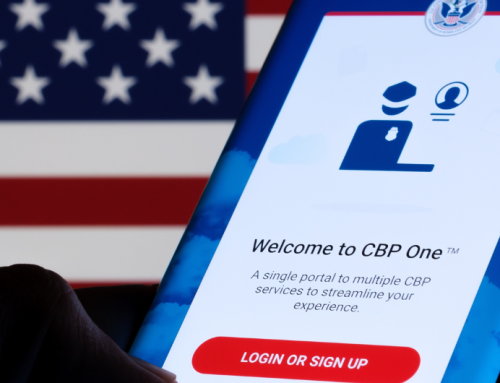DACA: Relief and Benefits for Dreamers
Welcome to the I.S. Law Firm blog, where we aim to help you understand a vital immigration policy that affects many young individuals in the United States. This policy is called DACA, which stands for Deferred Action for Childhood Arrivals. As a leading immigration law firm, we understand the importance of staying informed about DACA and its impact on the lives of undocumented individuals who arrived in the country as children. We invite you to learn more about DACA and how it can shape the future of Dreamers in our nation.
What is DACA?
DACA, introduced in 2012, is an immigration policy that grants temporary relief to undocumented individuals who entered the United States as children, often called “Dreamers.” Under DACA, eligible applicants are protected from deportation. They can obtain work permits, Social Security numbers, and access to certain benefits.
Eligibility Requirements:
To be eligible for DACA, individuals must meet the following criteria:
- They must have been under the age of 31 as of June 15, 2012.
- They must have entered the United States before age 16.
- They must have continuously resided in the United States since June 15, 2007.
- They must have been physically present in the United States on June 15, 2012, and when making the DACA request.
- They must be currently enrolled in school, have graduated from high school, obtained a GED certificate, or be an honorably discharged veteran of the U.S. Armed Forces.
- They must not have been convicted of a felony, significant misdemeanor, or three or more misdemeanors. They must not threaten national security or public safety.
Benefits of DACA:
DACA provides several benefits to eligible individuals, including:
- Protection from Deportation: DACA recipients receive deferred action, which means they are protected from deportation for a specific period, typically two years, subject to renewal.
- Work Authorization: DACA recipients can apply for employment authorization documents (EADs) that allow them to work legally in the United States.
- Social Security Number: DACA recipients can obtain Social Security numbers, enabling them to open bank accounts, establish credit, and get various services.
- Driver’s Licenses: Many states provide driver’s licenses to DACA recipients, allowing them to legally drive in the United States.
- Access to Education: DACA recipients may be eligible for in-state tuition rates in some states and can apply for certain scholarships and financial aid.
Recent Updates and Legal Challenges:
DACA has faced legal challenges over the years, leading to uncertainties for its recipients. However, as of our knowledge cutoff date in September 2021, DACA remains in effect, providing protection and benefits to eligible individuals.
If you require assistance with any immigration matter, we recommend scheduling a consultation with our experienced immigration attorney. We are here to offer personalized guidance and protect your rights throughout the process. To schedule a consultation and get the support you need, please don’t hesitate to contact us using the link: Schedule a Consultation – I.S. Law Firm, PLLC.






